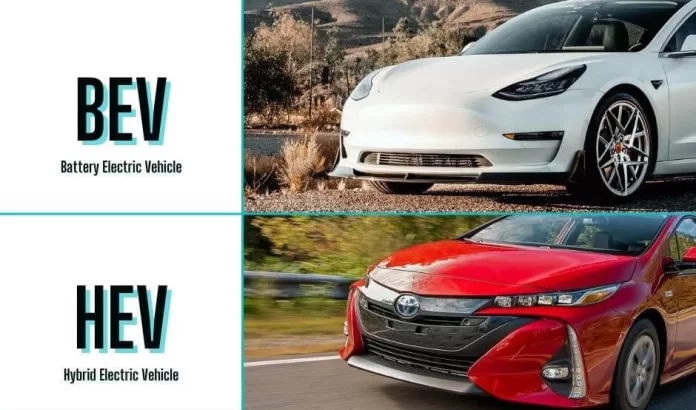The Association of Indonesian Automotive Industries (Gaikindo) is striving to provide a fair solution for the automotive industry players in Indonesia, especially for car manufacturers marketing electric and hybrid cars in the country.
Recently, there has been news of disappointment among four-wheel automotive manufacturers in Indonesia who are unhappy with the Indonesian government’s stance on providing incentives for hybrid cars.
They are disappointed because the government seems to turn a blind eye to the sacrifices they have made in accelerating the growth of electric cars in Indonesia. They have willingly invested, opened factories, and increased local content to receive government incentives for their flagship electric cars.
However, suddenly, the government is trying to provide the same incentives for hybrid cars. This condition has disappointed many car manufacturers in Indonesia, especially those selling electric cars.
Gaikindo is trying to mitigate this situation. They suggest the government provide incentives for hybrid cars, albeit at a smaller scale than the incentives for pure electric vehicles (EVs).
“Incentives for hybrid cars don’t need to be the same as BEVs. Differentiate them, for example, if BEVs get a 10 percent luxury tax subsidy and only pay 1 percent, hybrids can get half, say 5 percent,” said Gaikindo Chairman Jongkie Sugiarto, quoted by Antara.
Currently, hybrid cars are subject to a Luxury Goods Sales Tax (PPnBM) of 6-12 percent. This is different from BEVs, which receive various facilities, ranging from 0 percent PPnBM to VAT borne by the government (DTP).
The DTP VAT facility is given specifically for electric cars with a minimum domestic content level (TKDN) of 40 percent. The DTP VAT provided is 10 percent.
With this facility, the VAT imposed on the delivery of electric cars with a minimum 40 percent TKDN is 1 percent. The DTP VAT facility is provided for the tax period from January to December 2024.
“Or at least (hybrid cars) should be allowed to pass through odd-even areas, that would also be an incentive, so the hybrid car industry can grow,” said Jongkie.
Although they still use half gasoline and half electricity, hybrid cars, according to Jongkie, are more effective for daily use by the public under current conditions but still have an impact on reducing carbon emissions, given the minimal fuel consumption of hybrid cars.
In addition to far more fuel-efficient use compared to internal combustion engine (ICE) cars, Jongkie mentioned that hybrid cars are more efficient and reliable for use by Indonesians today, as they do not require supporting infrastructure like BEVs.
“Hybrid cars clearly reduce fuel consumption, lower pollution, and do not require infrastructure such as charging stations. They can help accelerate the commitments Indonesia has signed, such as the Paris Agreement, and also help with the 500 trillion rupiah fuel subsidy, as hybrid fuel consumption decreases. This benefits the government,” Jongkie explained.




